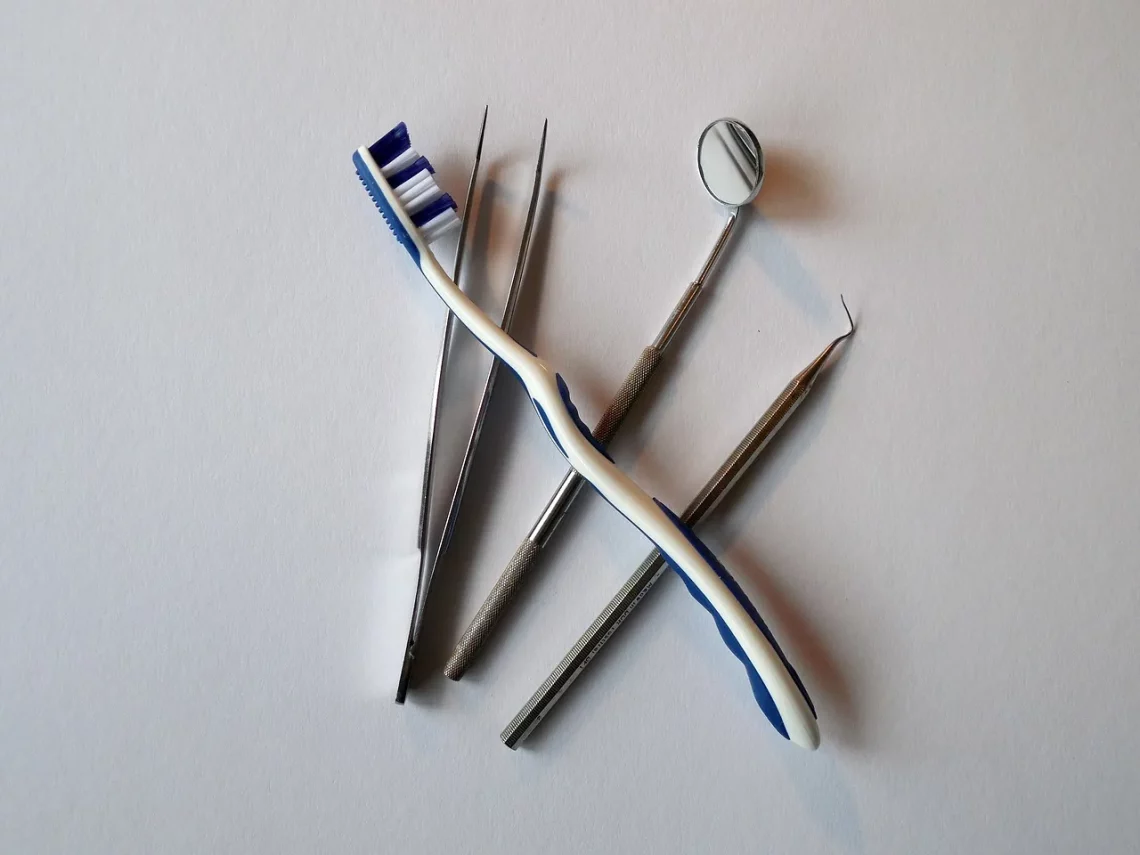
Understanding the Cost of Dental Implants in Mexico
The rising costs of dental care in many countries have led individuals to seek more affordable options elsewhere, and Mexico has emerged as a popular destination for dental tourism. With a combination of skilled professionals, modern facilities, and significantly lower prices, many people are considering dental implants in Mexico as a viable solution for missing teeth.
Dental implants are not only functional replacements for natural teeth but also contribute to improved aesthetics and enhanced oral health. However, the decision to pursue this treatment abroad involves multiple factors, including understanding the cost implications. While the price of dental implants in Mexico can be substantially lower than in the United States or Canada, potential patients need to consider additional expenses such as travel, accommodation, and aftercare.
Moreover, it’s crucial to ensure that the quality of care matches the lower price point. Researching dental clinics, reading reviews, and understanding the qualifications of the dental professionals can help mitigate risks associated with seeking treatment in a different country. As you explore the potential benefits of dental implants in Mexico, it’s essential to have a comprehensive understanding of the costs involved and what to expect during the process.
Factors Influencing the Cost of Dental Implants
When considering dental implants, various factors influence the overall cost. The type of implant, the materials used, and the complexity of the procedure all play significant roles in determining the final price. In Mexico, patients may find a wide range of options, from basic implants to premium brands that offer advanced technology and materials.
The expertise of the dental professional is another crucial factor. Experienced dentists may charge higher fees due to their specialized training and track record of successful procedures. However, many skilled professionals in Mexico offer competitive rates without compromising quality.
Additionally, the location of the dental clinic can affect costs. Major cities may have higher prices compared to smaller towns, but they often provide a broader range of services and advanced technology. It’s essential to weigh the pros and cons of different locations, considering not only the price but also the quality of care available.
Lastly, any pre-existing dental conditions, such as bone loss or gum disease, may require additional treatments before implant placement, further increasing costs. A thorough consultation with a dental professional will help clarify these factors, allowing patients to better understand their financial commitments.
Average Prices of Dental Implants in Mexico
The average price of dental implants in Mexico is significantly lower than in the United States or Canada. While prices can vary widely depending on the factors mentioned, patients can expect to pay anywhere from $800 to $1,500 per implant, including the crown. In contrast, similar procedures in the U.S. can range from $3,000 to $4,500 or more.
It’s essential to note that while lower prices are appealing, they should not be the sole determining factor. Patients should prioritize quality and safety alongside cost. Researching different clinics, understanding their methodologies, and assessing the quality of materials used can provide insight into the overall value of the treatment.
Many clinics in Mexico also offer package deals that include multiple implants or additional services like teeth whitening or consultations, further enhancing the cost-effectiveness of dental tourism. These packages can provide substantial savings, making it easier for patients to afford comprehensive dental care.
However, it is advisable for patients to ask for detailed quotes from clinics, ensuring that all aspects of the treatment, including consultations, follow-up visits, and any necessary additional procedures, are covered in the price. This approach will help prevent unexpected expenses and establish a clearer budget for the entire treatment process.
Understanding the Process of Getting Implants
The process of obtaining dental implants typically involves several stages, beginning with a thorough evaluation by a dental professional. This initial consultation is crucial for assessing the patient’s oral health and determining the most suitable treatment plan. Depending on individual needs, additional imaging, such as X-rays or 3D scans, may be necessary to evaluate bone density and structure.
Once the evaluation is complete, the actual implant procedure can begin. This usually involves the surgical placement of the implant into the jawbone, a process that may require local anesthesia. After the implant is placed, a healing period is essential to allow the bone to integrate with the implant, a process known as osseointegration. This phase can take several months, during which patients may need to return for follow-up appointments to monitor progress.
After healing, the dentist will place the abutment, which serves as a connector between the implant and the crown. Finally, the custom-made crown is attached, completing the process. Throughout this journey, clear communication with the dental team is vital to ensure that patients understand each step and what to expect.
Patients should also be aware that aftercare is crucial for the longevity of the implants. Maintaining good oral hygiene, attending regular check-ups, and following the dentist’s advice will help ensure the success of the implants and overall health.
Long-Term Considerations and Aftercare
Investing in dental implants is not just about the initial cost; it’s also about long-term maintenance and care. Implants can last a lifetime with proper care, but this requires commitment from the patient. Regular dental visits are essential for monitoring the health of the implants and surrounding gums.
Good oral hygiene practices, including brushing and flossing daily, are crucial. Patients should also consider using specialized dental products designed for implant care, as these can help prevent plaque build-up and ensure the longevity of the implants.
Additionally, lifestyle factors such as smoking or excessive alcohol consumption can impact the success of dental implants. Patients are often advised to refrain from these habits to promote healing and maintain oral health.
In some cases, patients may experience complications, such as infection or implant failure. Understanding the signs of potential issues and seeking prompt dental advice can help address problems early, ensuring the best possible outcomes.
Overall, while the initial investment in dental implants may seem daunting, the long-term benefits and improved quality of life make them a worthwhile consideration for many individuals. The combination of affordability and quality care in Mexico presents an attractive option for those seeking to restore their smiles.
**Disclaimer:** This article is for informational purposes only and should not be considered medical advice. Always consult with a qualified healthcare professional for any health-related issues or concerns.




